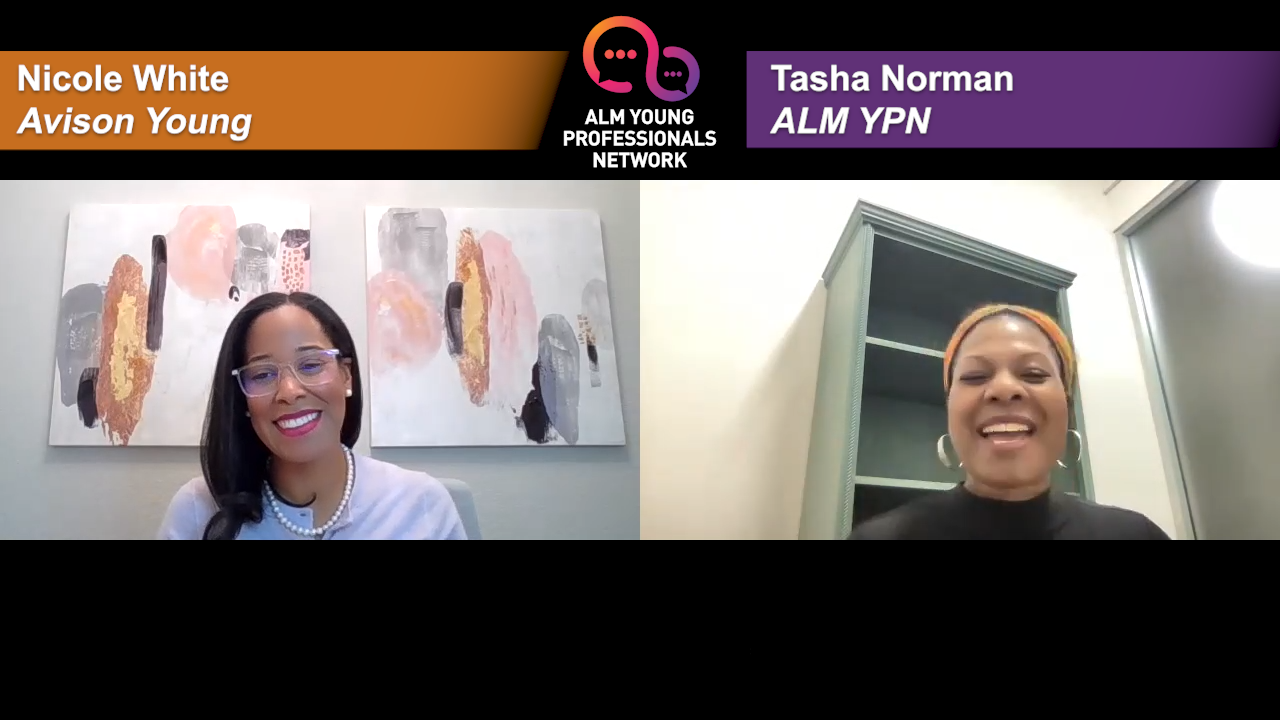SAN DIEGO-Launching its first-ever San Diego program this fall, the University Southern California Ross Minority Program in Real Estate is expanding its efforts to increase diversity in commercial real estate farther south. San Diego is no exception to the many challenges real estate developers face when addressing the needs of underserved communities, says Stan Ross, chairman of the board of the USC Lusk Center for Real Estate. The expansion is looking to focus on providing development-related solutions to that region's unique set of challenges.
GlobeSt.com: Diversity in the workplace seems to have taken the forefront of news coverage recently, but the USC Ross Minority Program in Real Estate has been working towards this goal for almost 20 years. Why is diversity so essential in the real estate industry?
Stan Ross: The creation of the program itself was essentially a response to the desperate need for qualified, experienced real estate professionals who could relate to the inner-city needs after the Los Angeles riots in 1992. The Los Angeles Community Redevelopment Agency sought to involve minority developers to revitalize the broken city, but they found it was lacking such professionals. The riots may have taken place more than 20 years ago but this problem still exists.The real estate industry has had very limited diversity while the minority groups have steadily increased in percentage of the population. The Ross Minority Program in Real Estate has found that this means cities are still in need of professionals who are familiar with the cultures in those areas who can provide first-hand knowledge in terms of preferences of designs, colors and even numbers. It's about people of the community, people who understand the community and people who came from the community having a real understanding of the needs and it's all based off of the real estate component. The program focuses on fulfilling this deficit. It's not just about workplace diversity; it's dealing with the whole development process.
GlobeSt.com: How does the Ross Minority Program in Real Estate prepare students to tackle the challenges of real estate and development in inner-cities?
Ross: The real key to the students' success in developing inner-cities is the passion to revitalize them. My favorite part is that we don't have to teach passion; these students have it. The Ross Minority Program focuses on teaching the skill set for those students to become the experienced, knowledgeable leaders in their communities. It's a very compressed course that brings individuals from a wide variety of backgrounds and perspectives together to solve complex real estate challenges. They learn the procedures on things like how to apply for zoning, request new zoning and how to make appearances. They learn market analysis, feasibility and due diligence and so much more. Not only are they in class participating in lectures, but they are also given the opportunity to apply and integrate all the materials learned into a project that is then presented to a 'real world' client. When the students leave the program, they'll go back in the inner-city, ready and knowledgeable, and they'll buy a small apartment building or they'll do a small retail store. Some of them have done a building for abused kids or abused women. Once they've learned, they go out and apply it.
GlobeSt.com: What is the program doing to recruit minorities and create the desire to work in the real estate industry?
Ross: I think the best way to bring them into the industry is hiring them as interns as young as you can. This way they get to experience how it feels to be a part of the culture. When I bring them in I make sure that they understand that the entire ladder to the top is open to them and that they are going to move at the same rate as others. I call them missionaries in my mind. I send them back to the schools and organizations to give speeches and presentations so that they can reach out to these people. They will become recruiters, mentors, teachers, trainers and be part of a team. The most effective way to get these people is to have them brought in by other minority groups who are supportive. Others will see it working for people in their own ethnic group and get excited about the possibility of something they never saw as possible. That's really very effective.
GlobeSt.com: Does the program have any plans for expansion outside of California?
Ross: Right now it's only limited because of faculty. Los Angeles is a city which has a high percentage of minorities. We have every ethnic group, nationality and gender and if they are considered to be a minority, they're coming into our program. This has allowed us to test our curriculum to a variety of groups and really exceed expectations. So our longer term strategy is to expand it around the country. This fall we're expanding to San Diego. We've been up to Northern California. We've proven the model. We've gone to Israel and proven the model. Our plan would include taking a look at international as well as domestic expansion. The challenge will be to link up with the appropriate faculty.
GlobeSt.com: Why are you so committed to this program?
Ross: To me it's the satisfaction in achieving a major goal in my life of giving back and returning to the city. I grew up in the Bronx. I'm a first generation American who is also Jewish. Life wasn't easy growing up in a low income area, but I learned a lot about life and real estate there. I saw higher education as a way to achieve a higher level and I did through it. My goal in life then became about returning as much as possible. This program satisfied that need. I find the students intellectually stimulating because they are mature, committed, full of energy and really want to be involved and contribute.
Continue Reading for Free
Register and gain access to:
- Breaking commercial real estate news and analysis, on-site and via our newsletters and custom alerts
- Educational webcasts, white papers, and ebooks from industry thought leaders
- Critical coverage of the property casualty insurance and financial advisory markets on our other ALM sites, PropertyCasualty360 and ThinkAdvisor
Already have an account? Sign In Now
© 2024 ALM Global, LLC, All Rights Reserved. Request academic re-use from www.copyright.com. All other uses, submit a request to [email protected]. For more information visit Asset & Logo Licensing.








